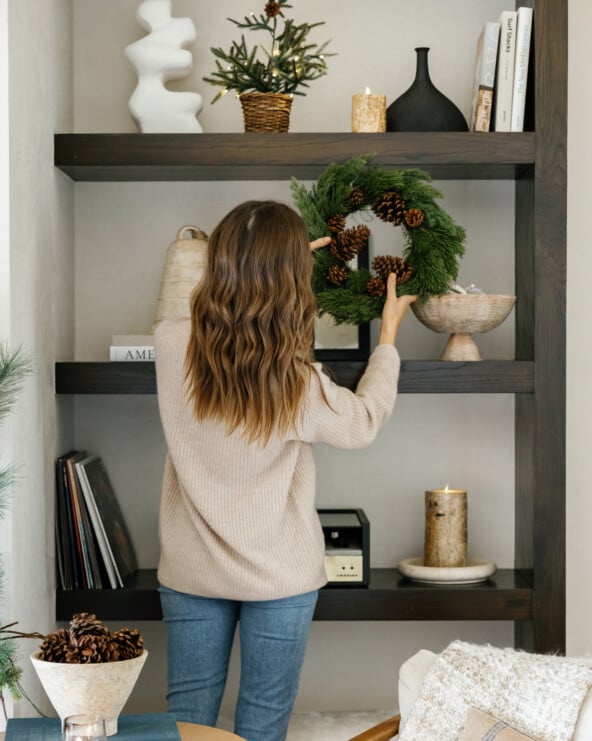For those of you with little ones at home who are wondering exactly how to explain this situation… you are not alone.
Five days before New York City closed their schools, my husband and I made the decision to keep our son home from Pre-K. At the time we were hopeful that it was an overreaction, but we figured in times like these we would rather be safe than sorry. We let a few days pass without making too big of a deal about him being home, but after the schools were officially closed this week it seemed like it would be necessary to have a conversation with our four-year-old about what was happening and why he wouldn’t be going to school for the foreseeable future.
Of course, every child and family is different and how you choose to tell your kids about COVID-19 is up to you, but I thought I would share a little bit about our experience and how we’ve approached it at this age. You know what’s best for your kiddo.
Hope you’re all hanging in there! Would love to hear anything that’s been helpful for you and your families as well.
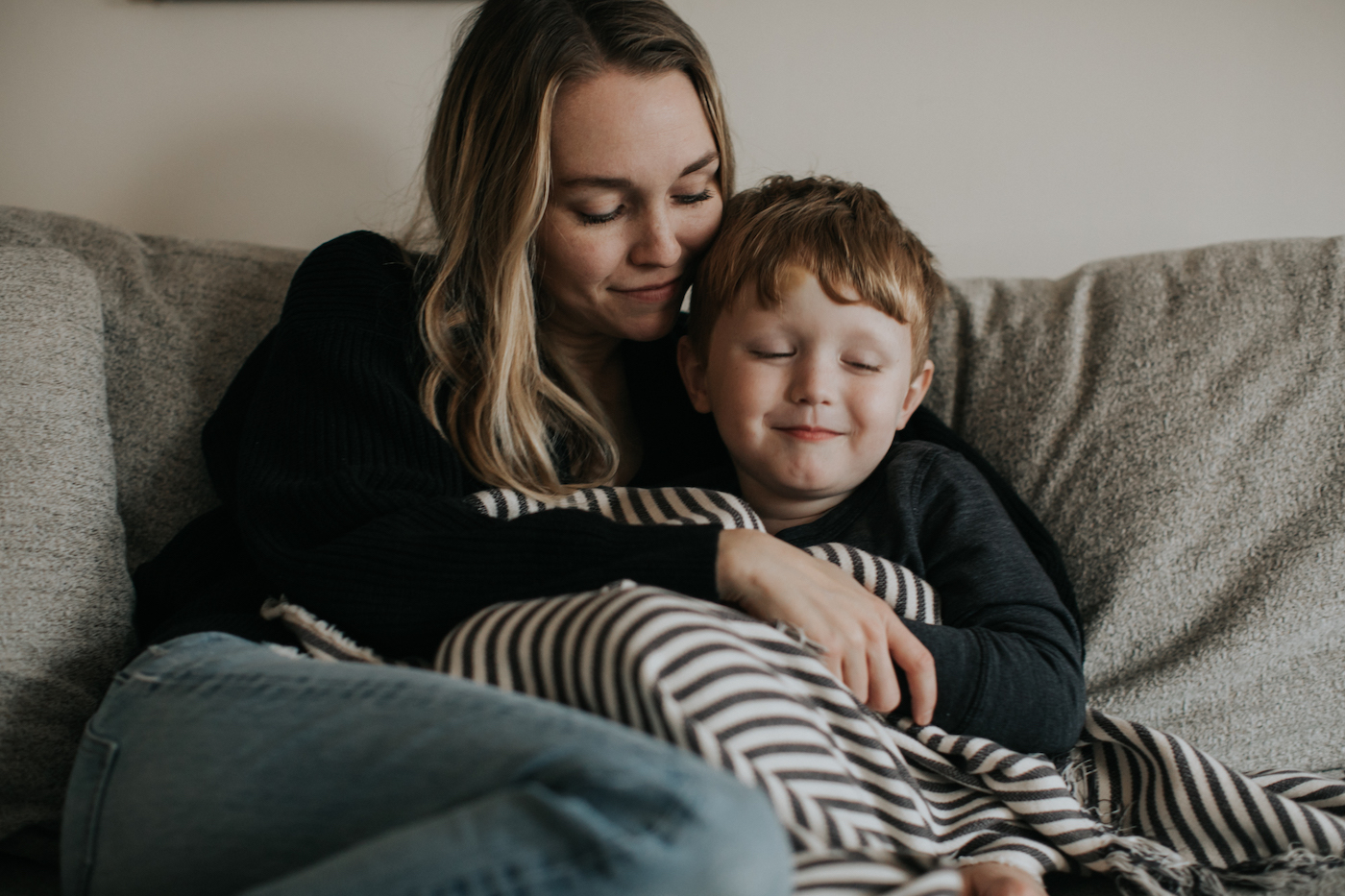 Start by asking them if they have heard anything about the Coronavirus.
Start by asking them if they have heard anything about the Coronavirus.
In our case, our son hadn’t heard too much at school about the virus. I think the combination of when we pulled him out, how young he is and how quickly this has all escalated allowed us to get the first word in about what’s happening, but I’m well aware that’s not always the case. It’s easy for kids to get confused if they’re overhearing adults talk about these big issues or listening to what other kids might be saying at school. Correcting any misheard information is a crucial first step.
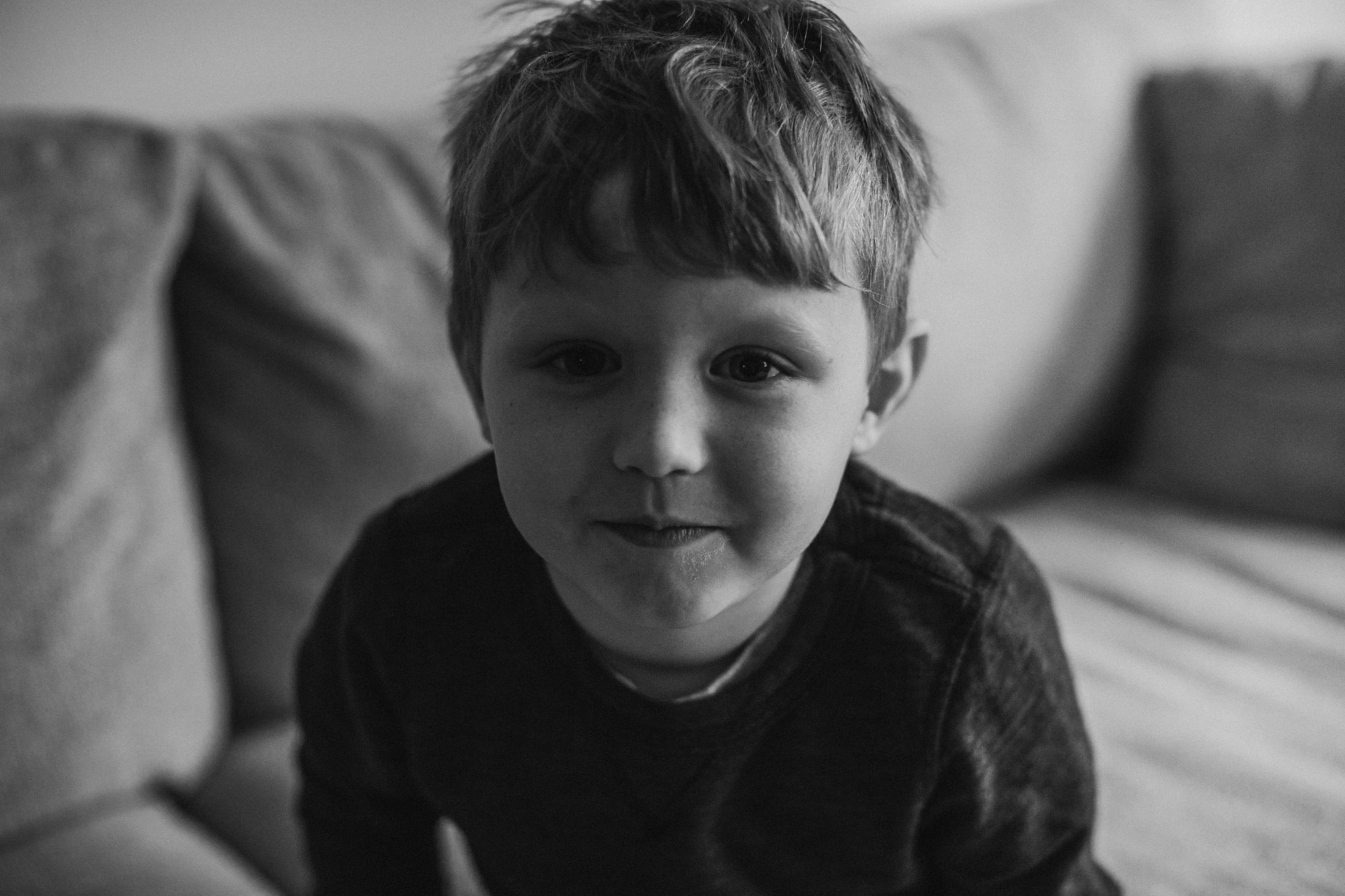 Be honest, but age-appropriate.
Be honest, but age-appropriate.
We kept things very simple and short when we chatted with our son this Monday morning. We explained that we would all be staying home more than usual because a lot of our friends and neighbors are getting sick. We made it clear that this is what all of his classmates and the rest of our friends and family are also doing so that they can stay healthy and rest. He wasn’t overly worried or scared so we didn’t want to push the topic further. Take cues from your kid and of course make sure to communicate on their level.
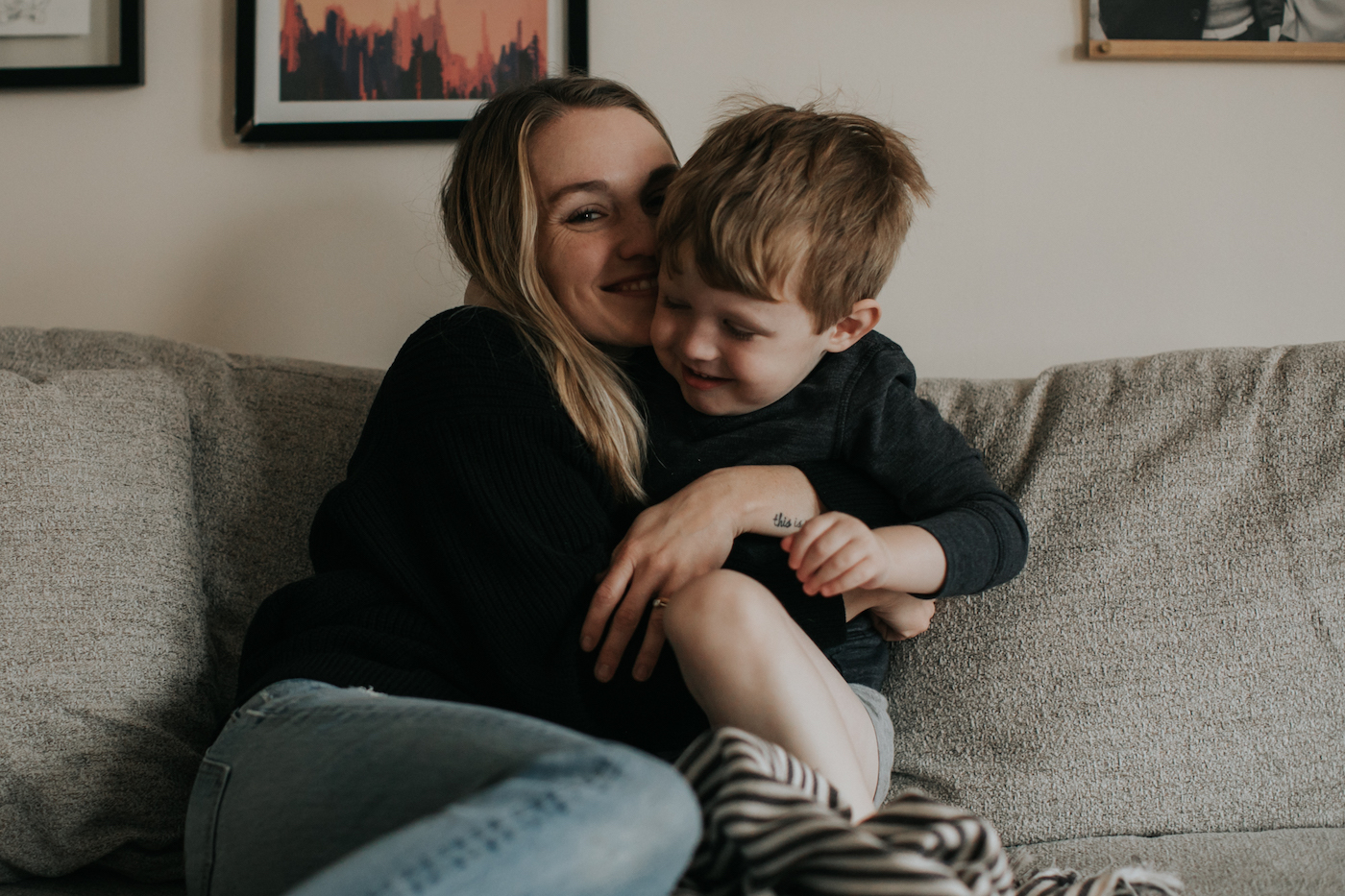 Make them feel safe.
Make them feel safe.
This one is challenging to do when you’re unsure of what the near future looks like, but it’s so important that all of our kids feel safe. Because our kids are still young and don’t understand the complexity of the situation I think this really comes down to my husband and I managing our stress and anxieties around COVID-19. I know that at least our kids can sense that energy and it definitely has a negative ripple effect. Practicing self-care and having our heavier conversations in private is essential in not contributing to any additional stress for our little ones.
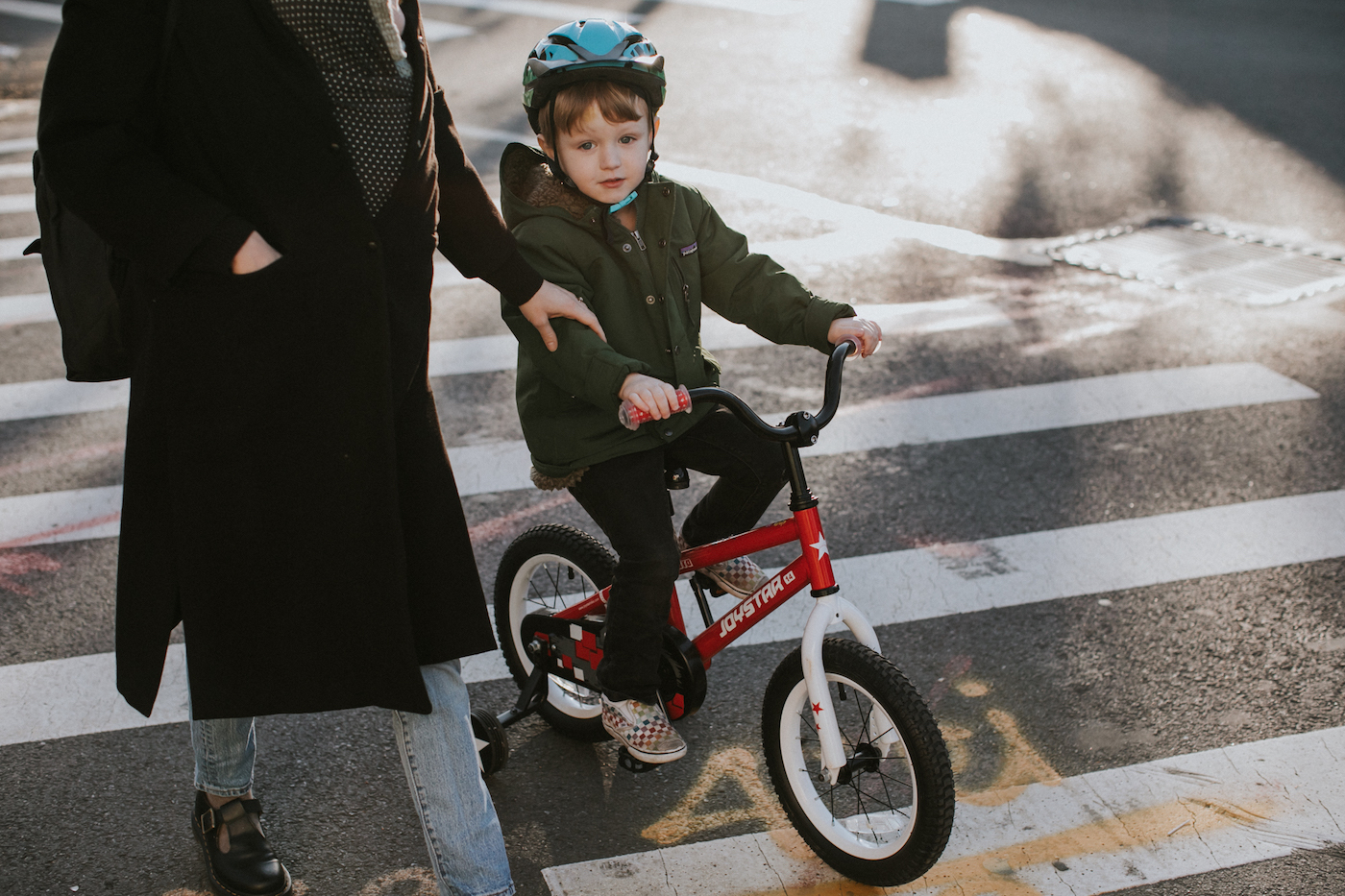 Explain what we’re doing to stay in control and help the problem.
Explain what we’re doing to stay in control and help the problem.
Staying home from school is one just one piece of the pie. We’ve really been making cleanliness top priority and while we’ve been going for a short walk each day to get some fresh air, we’ve been self-quarantining otherwise. We’ve explained that places like the subway, library, playgrounds and restaurants are easy spots for germs to grow and we’re doing our part to keep germs off our bodies and out of our favorite spots.
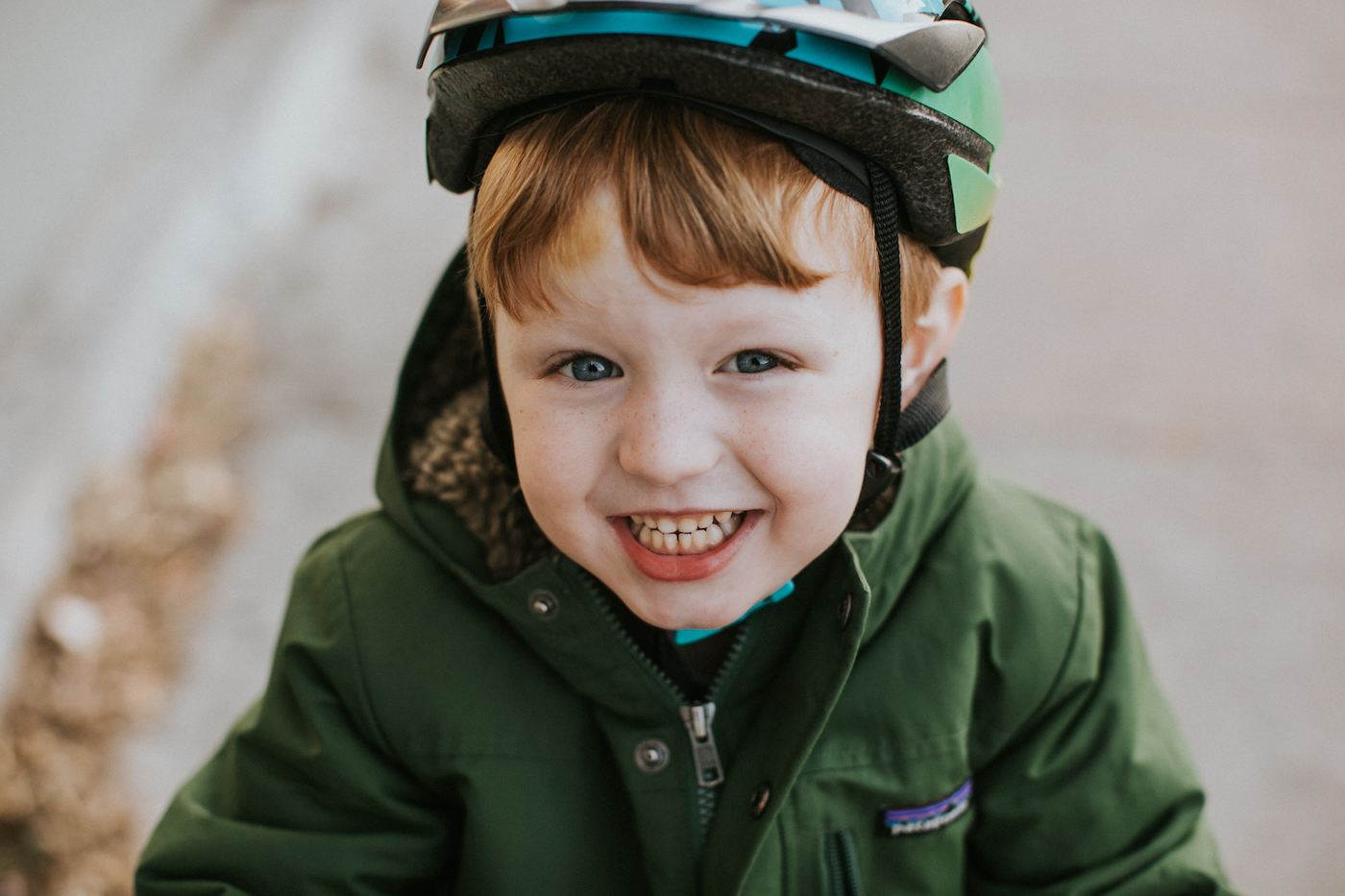 Continue the conversation.
Continue the conversation.
Inherently, regardless of your kids age, there are going to be questions that arise over the coming weeks and months. Keeping the door open for continued conversation will not only help your kids feel safe but will give you the opportunity to set the record straight on what’s actually happening. Checking in through this process is a way for the entire family to get on the same page and is hopefully lying the groundwork for healthy communication in their future.
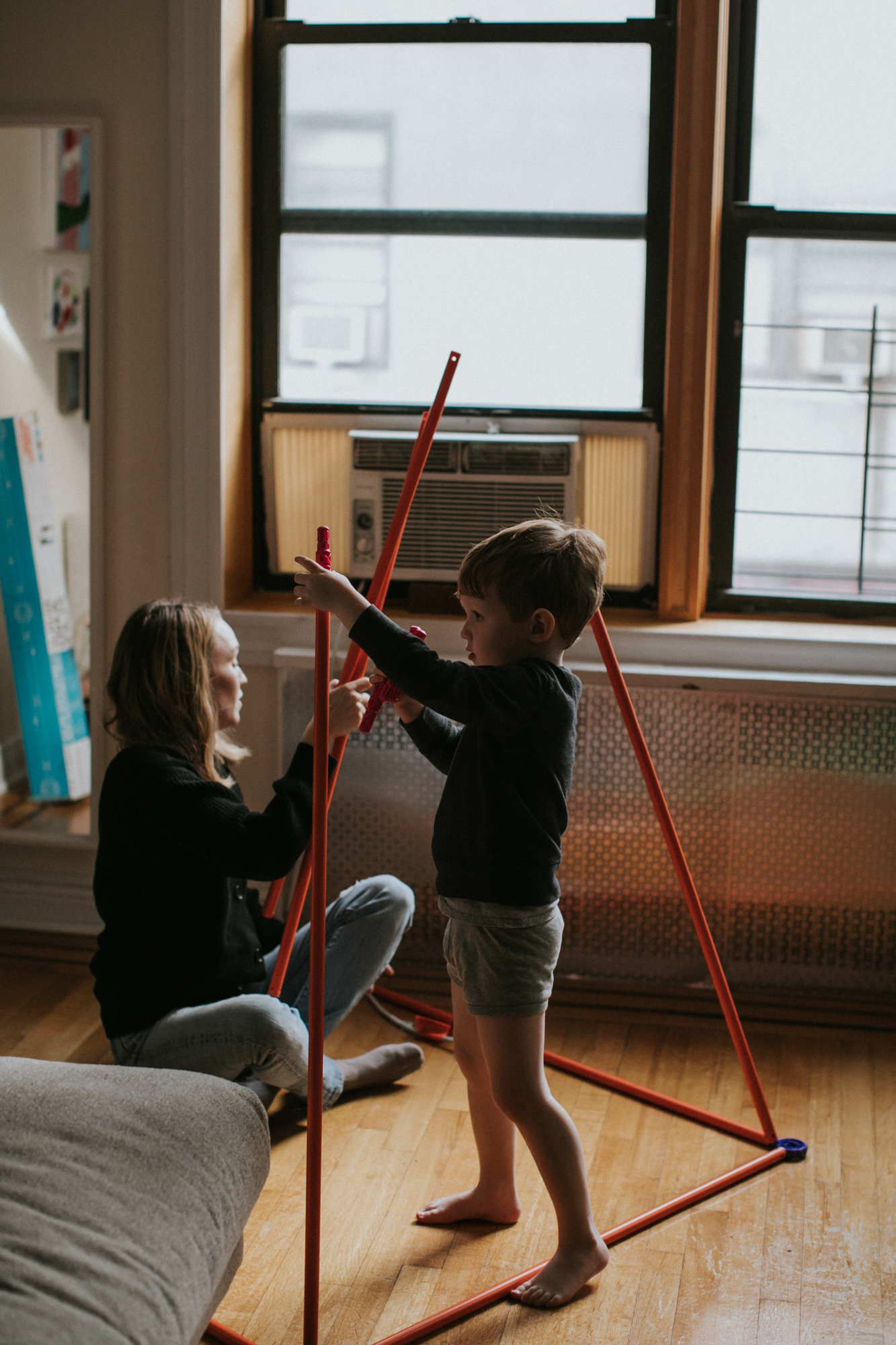 Make being at home fun for them.
Make being at home fun for them.
Let’s be honest, this is a really scary time for us parents, and of course it’s okay to show your kids a range of emotion, but overall I think this break from school should hopefully be fun in their eyes. I mean put yourself in their shoes – no school for over a month! We are doing some light homeschooling and sticking to a schedule which has been super helpful through the transition of full time school to being back at home overnight. Kids are so adaptable, but creating stability and normalcy is key.
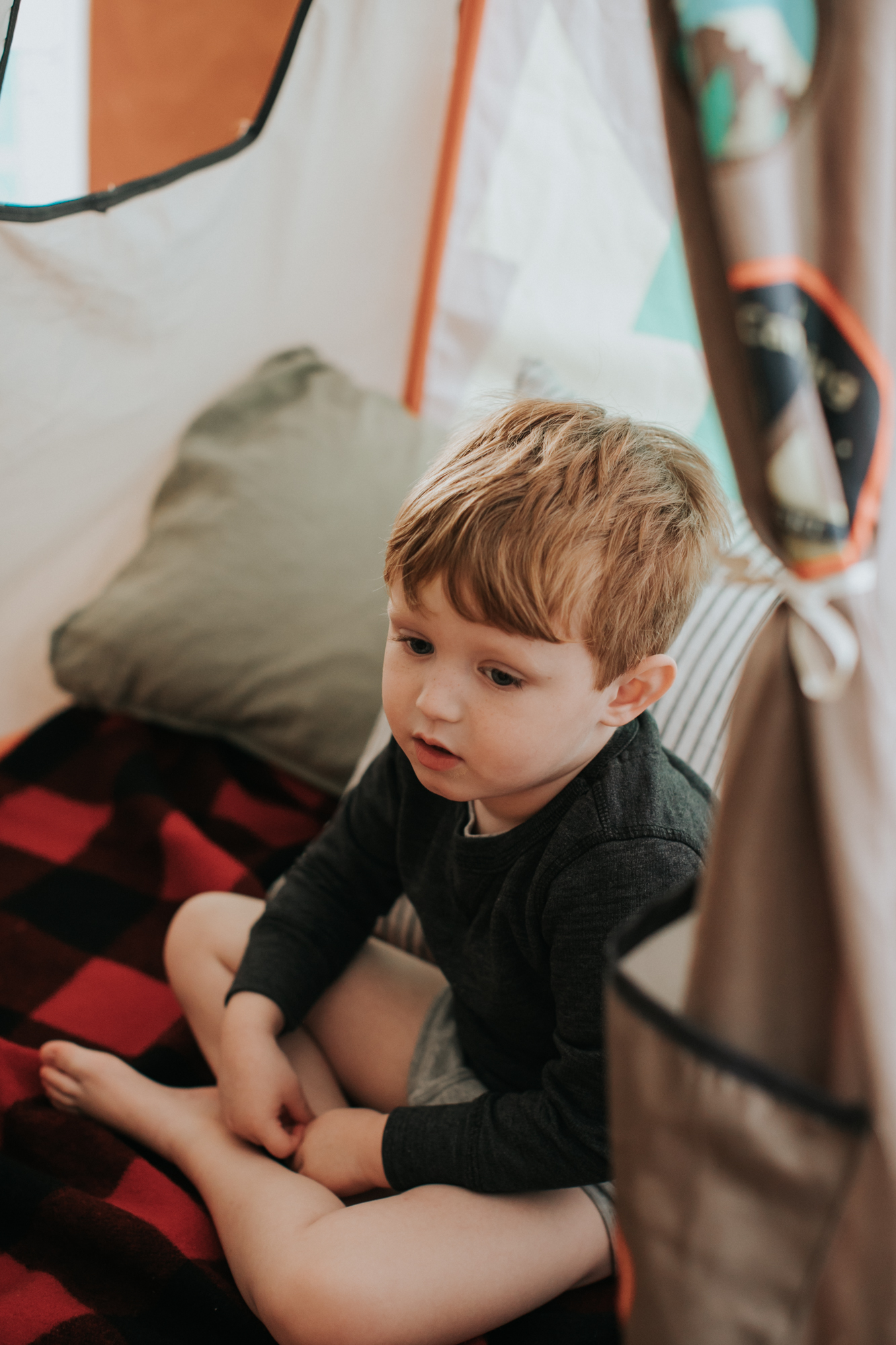 Talk about feelings.
Talk about feelings.
This is something we’ve been working on with our four-year-old prior to the pandemic, but it’s especially important now. We’re using any challenging moments we can to talk through exactly what he’s feeling so that he knows regardless of what emotions come up that they are welcome in our house.





